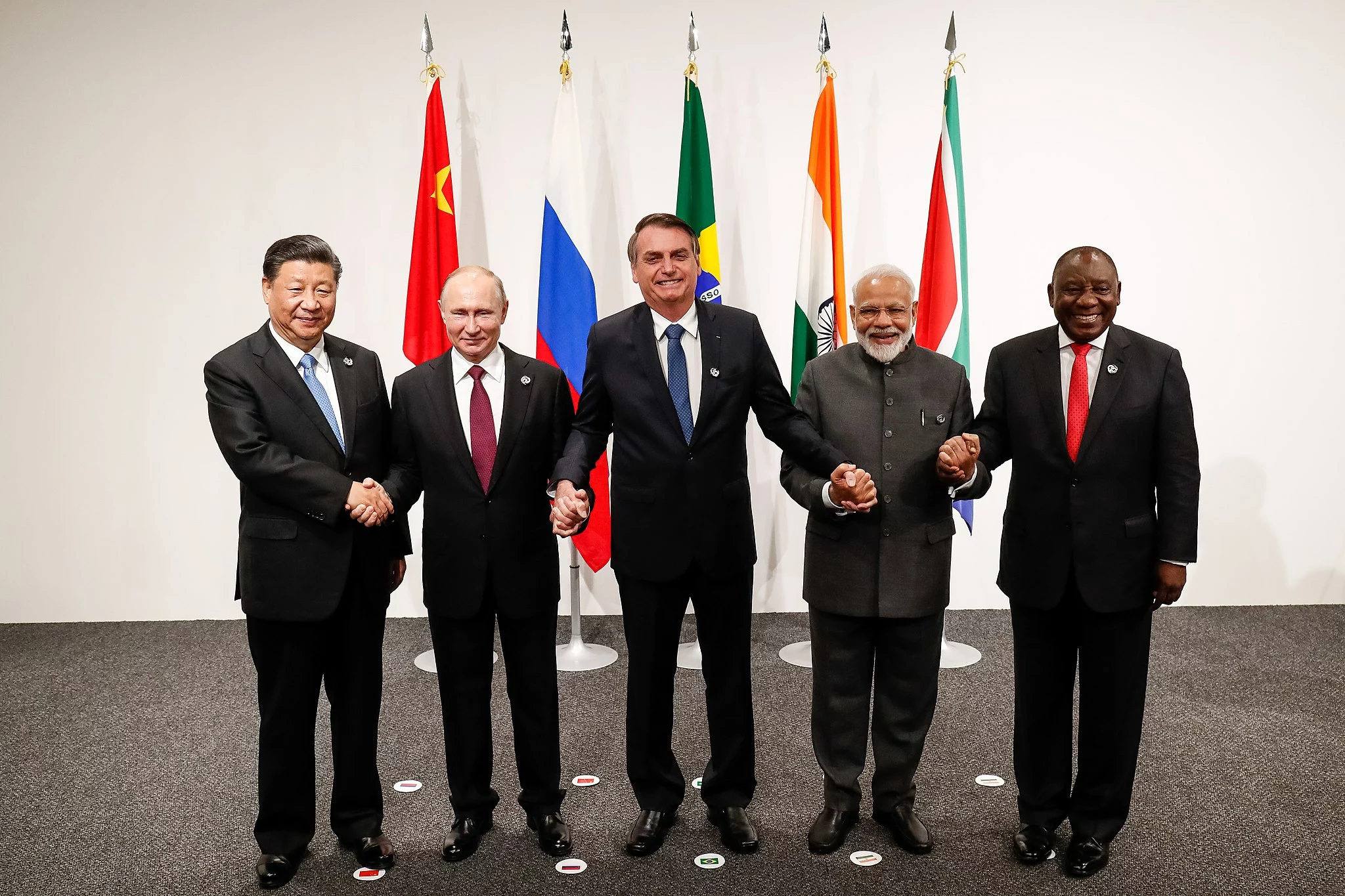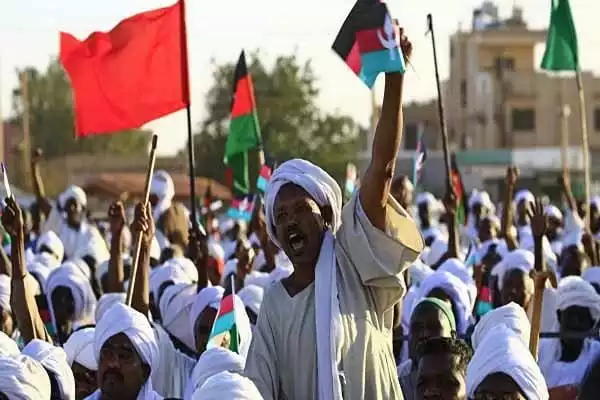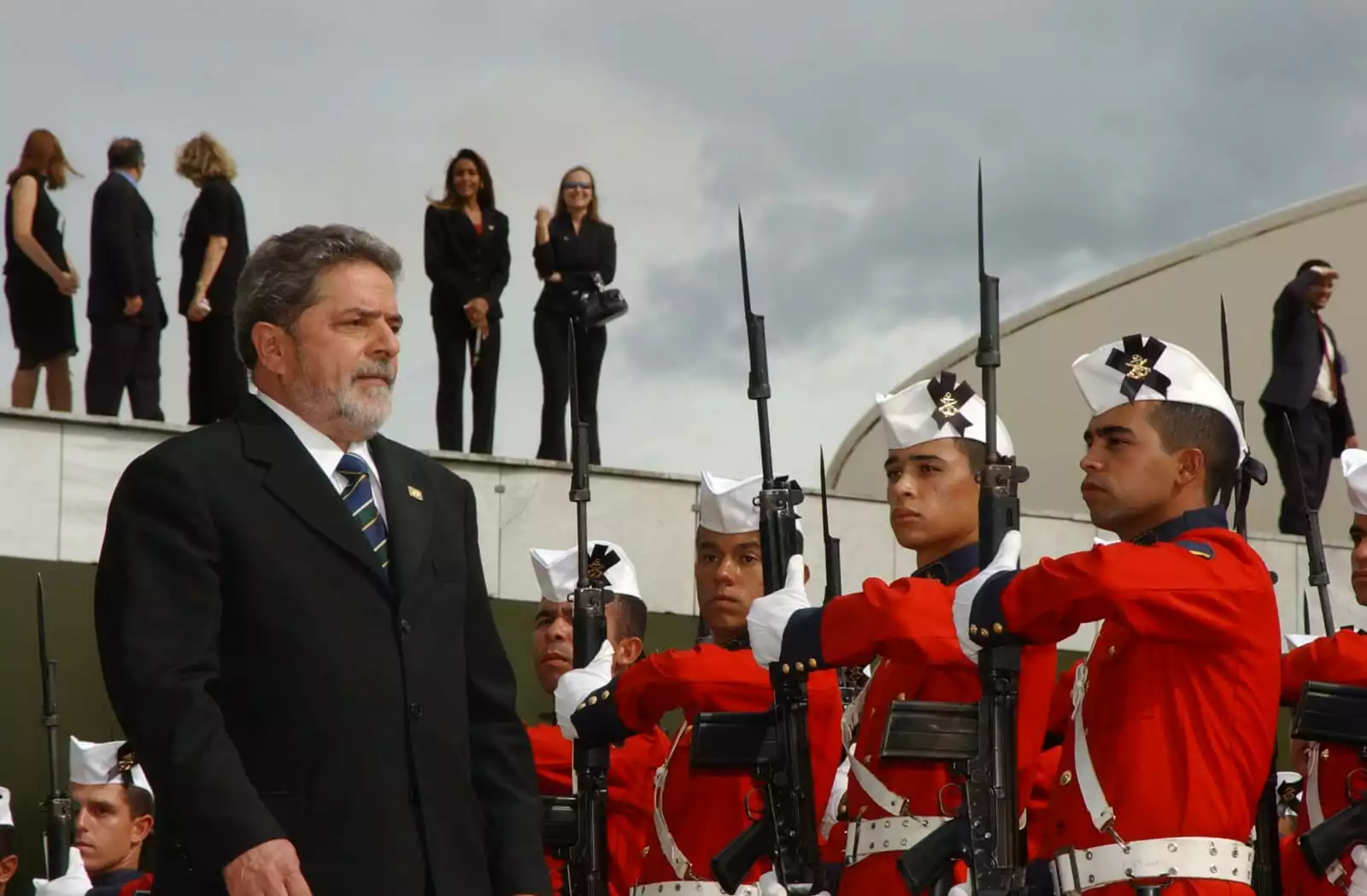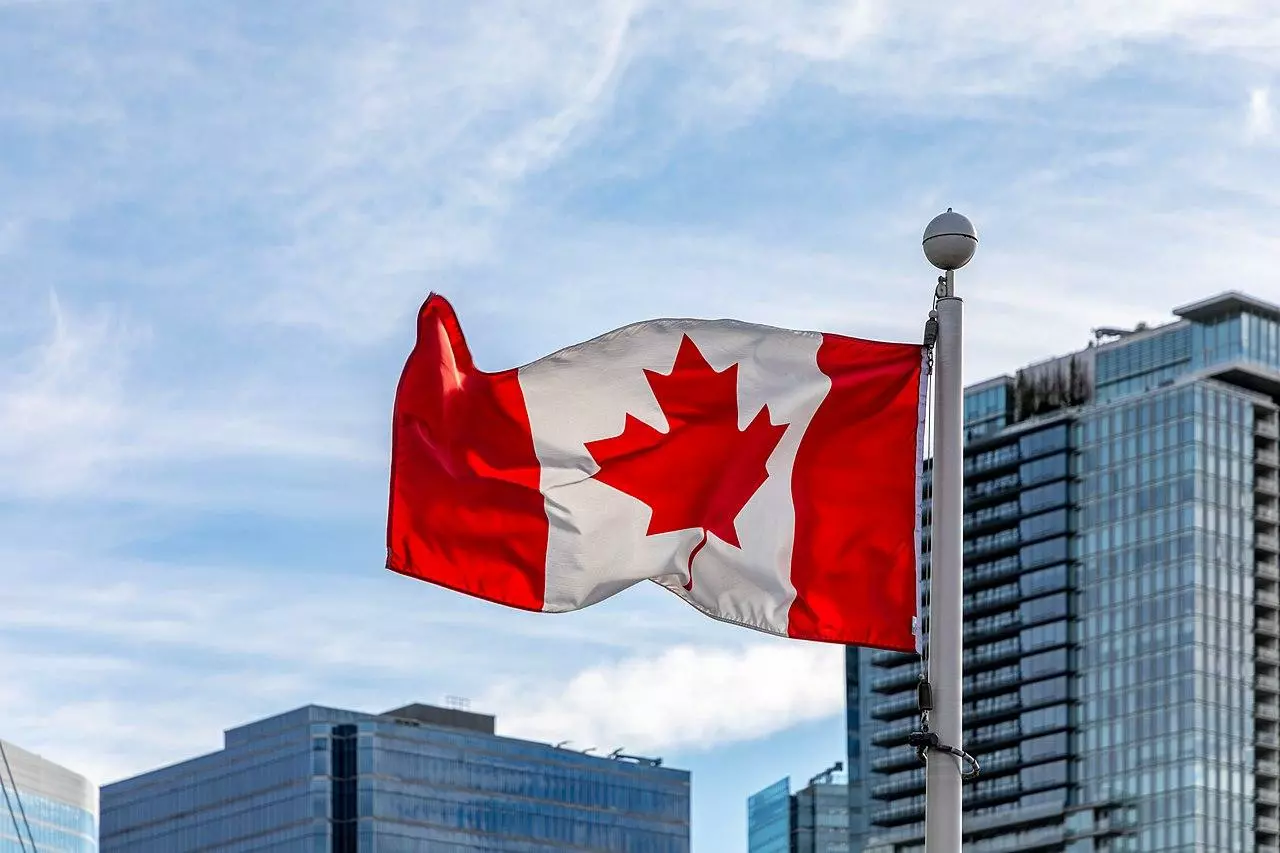Alongside the cumbersome and arrogant military clamor of NATO, which wields lethal military power in terms of weaponry and troop superiority in some cases on landscape of Western Europe, there is a possible rival: the slowly but methodically maturing “BRICS” organization,created by five member states to associate their major emerging economies: Brazil, Russia, India, China and South Africa. This commentary will attempt to give a limited but serious reflective view of the military power that BRICS may or may not process in the contemporary modern world.
The BRICS(formerly BRIC) have a combined area of 39,746,220 km2 (15,346,101square miles) and an estimated total population of about 3.21 billion, or about 26.7% of the world land surface and 41.5% of the world population. Four out of five members are among the world's ten largest countries by population, by area and by GDP, which should give pause to their adversaries in terms of troop manpower. However, I would caution that because of the spatial or geographical distance between these countries, there is a question of geometry, which is important in military strategy, especially in defensive operations where, as Clausewitz wrote in ON WAR, “geometry manages almost everything, great or small”.
The Partners in the Blue Pacific (PBP) is also similar in military limitations. These countries, ranged against the BRICS or against the so-called “China threat”, comprise the United States, Australia, New Zealand, Japan and the United Kingdom, and they seek to eventually enforce their hegemony upon the Indo-Pacific region. Regarding their perceived enemy in that region, the US government has described their political, economic and military intention to respond as follows:
We are united in our shared determination to support a region that benefits the peoples of the Pacific. We are also united in how we realize this vision -- according to principles of Pacific regionalism, sovereignty, transparency, accountability, and most of all, led and guided by the Pacific Islands.
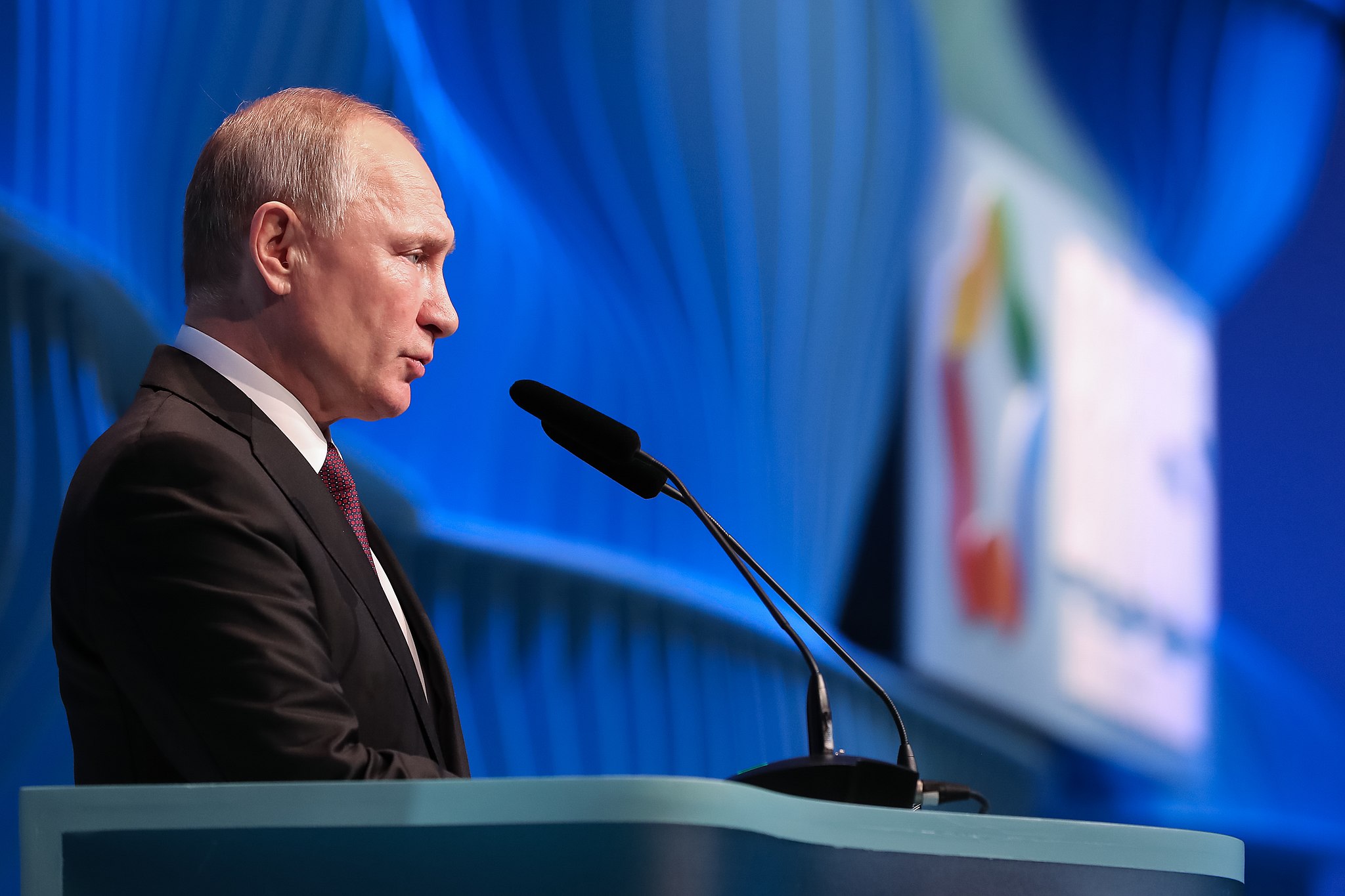
In June 2022, there was a response from the leadership of BRICSthat moved beyond issues relating to the Indo-Pacific islands, and concentrated upon the diplomatic problem of war and peace in the Ukraine. A French television news outlet made the following commentary about the actors and signals coming out of the BRICS meeting:
Xi told the BRICS business forum that the "Ukraine crisis is... a wake-up call" and warned against "expanding military alliances and seeking one's own security at the expense of other countries' security".
China and India have strong military links with Russia and buy large amounts of its oil and gas.In a call last week, Xi assured his Russian counterpart Vladimir Putin that China would support Moscow's core interests in "sovereignty and security" -- leading the United States to warn Beijing that it risked ending up "on the wrong side of history".
South Africa, one of the few African countries wielding diplomatic influence outside the continent, has also not condemned the Russian military action.
We can thus observe that BRICS is more of a political and economic/business alliance than a military powerbase. However, the building of military alliances among the BRICS member-states, although at an embryonic stage, is such that I am certain that BRICS will become the NATO of the Global South. Of considerable symbolic political significance is the fact that these nations seek to become a multipolar political base, as contrasted with the unipolar behavior of the United States, which as history will record has never tired of its flagrant, boorish, hegemonic aspirations.
As for the potential of BRICS as a military power, the INSTITUTE OF POLITICAL STUDIES wrote the following in 2011: “At the end of 2010 South Africa was finally invited to join the BRIC (Brazil, Russia, India, and China) economic community. BRIC came into existence in 2001 and quickly grew to become one of the main economic players globally. With increased economic power comes increasing military power as well, and the question that needs to be raised is why South Africa was invited to join BRIC in the first place and will this place any extra military responsibilities on South Africa?”
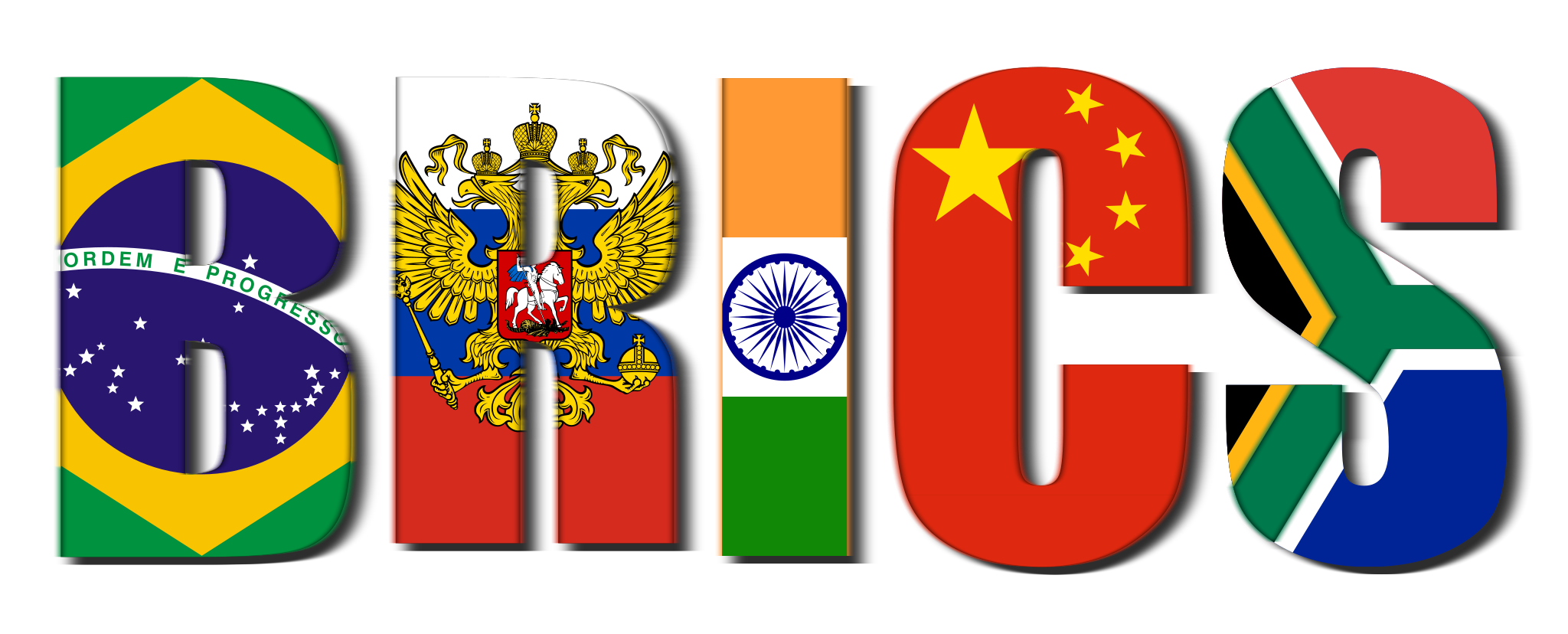
I would state in the most empathetic way that quiet, unseen “military responsibilities” are being imposed on South Africa, but again from a slow, methodical process, and not in an impulsive or rushed strategic build-up. However, as the author of the IPS article or essay points out:
South Africa’s geostrategic port locations and resources would allow BRIC to better compete with the G7 in global issues. South Africa is an extremely resource rich country and has a strategic location on the 3 essential shipping routes from West to East, which includes to countries such as India, China, Japan and Russia’s far eastern regions.
The four BRIC countries do not only have their growing economies in common, but they are all undergoing an extensive military modernization effort, aimed at preserving their strategic interests. While European nations like Britain, France, and Germany have been drastically cutting their defence budgets over the last years and the US defence budget is set to flatline in the coming years, the four BRIC countries have been willing to invest in improving their overall military capabilities.
I would observe again in my own modest analysis that the “military capabilities” of the four nations involved and the communication between the various military leadership, as well as the planning of training maneuvers among a few of the major military armed forces, including covert operations against their perceived adversaries, are not that significant during this period of history.
Regarding military expenditure of some of the BRIC nations, the IPS article stated that “India is also increasing its defence budget with nearly 11 percent this year. This follows a 34 percent increase during the 2009/2010 financial year. China’s defence budget will officially climb by 12.7 percent this year following a 7.5 percent increase last year. Many experts believe that China is in actual terms spending a lot more on its defence budget than what it is willing to admit.” However, what the author of the statement did not refer to,and what many historians are unwilling to admit, is that there is continual political upheaval in India. The background is the deepening class struggle between the rural peoples of India and the urban Indian oligarchs and corrupt political parties. Slipping on faults that define plate boundaries commonly results in earthquakes, and I would compare these to the social contradictions (overt and hidden) in terms of social inequality and economic inequality which can then lead to physicaltension and conflict. This observation makes any alliances like NATO or BRICS relative in nature, for such alliances can fall apart due to a weakness in one of the alliance cohorts.
Even Russia’s most adamant news agency, Russia Beyond, which is operated by TV-Novosti (formerly Russia Today) responded to the idea of a strong military force among the BRICS nations, admitting:
As the jackboots of the Indian Grenadiers and the Chinese People’s Liberation Army thundered down the length of Red Square for the very first time, there has been talk about the genesis of a BRICS military alliance.
Just like the BRICS bank was instituted in response to the financial mayhem unleashed by western banks, a BRICS military bloc will arise if there is a threat perception. Currently, there is no pressing need for the five member states to bring their armed forces under one command.
The major factual point is that BRICS was organized for the purpose of challenging or competing against Western financial institutions, so its first priority was modest in intent. However, that is not to say that there were no political leaders behind the scenes who envisioned a large role for the BRIC (later BRICS) nations. Generally, amid the turmoil of history, strong alliances take a large measure of time to become a cohesive military force, as did for instance the two opposing military camps during the ancient Peloponnesian War. Generally, it is through the unexpected crises of war that such alliances are then formulated in blood, iron and fire. Thus, the Russian Beyond journalist wrote:
Military alliances develop with incremental increases in threat perception. For instance, the North Atlantic Treaty Organization (NATO) was formed in 1949 but it was only after the Korean War (1950-53) – during which the US and its allies clashed directly with the Russian and Chinese armed forces – that an integrated military structure was built.
Currently, the only BRICS member to feel direct American pressure is Russia. On December 26, 2014, President Putin signed a new military doctrine for the Russian armed forces. The new doctrine is a response to the deliberate encirclement of Russia by NATO and the economic war against the country.
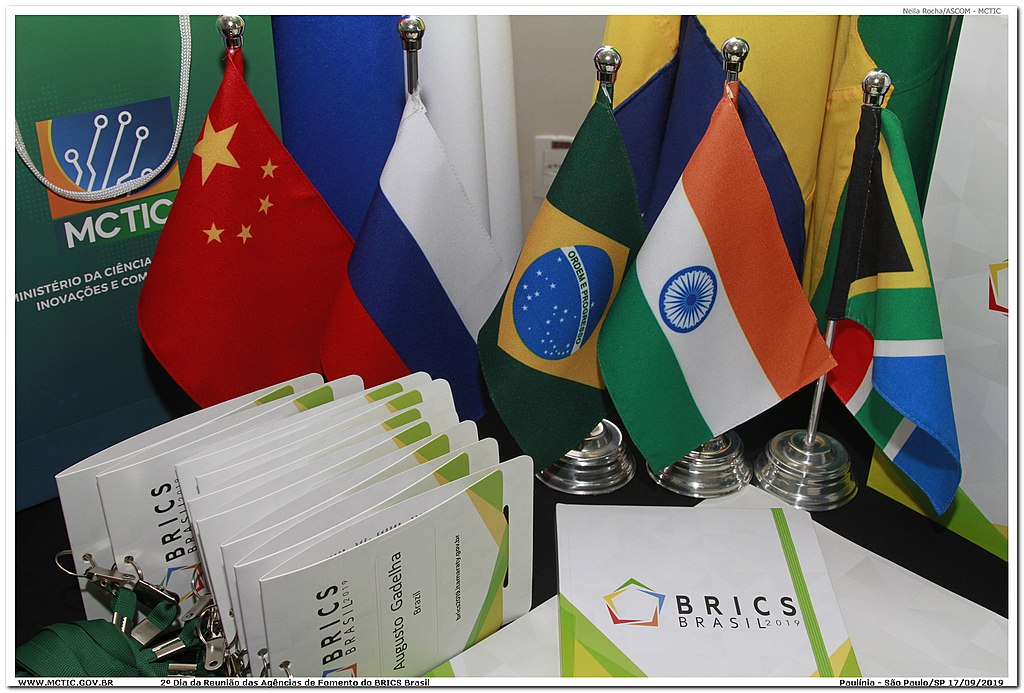
In the world before us, we see NATO and BRICS have something in common in that both alliance blocks begin with modest, even humble aspirations before world events outside their control move them forwards in the torrent of political upheaval and war.
In the modern world, financial business can lead to war, and thus war becomes a business, and we conclude that war is a serious business. What we cannot ignore is war is like an emerging earthquake destroying everything in its path, and that it is only through the wise forging of stable alliances that the victor emerges. Victory requires an understanding of the form and limited nature of the geometrical element, including alliances. In waging war, one should consider all the elements of confrontation, including that similar alliances that have developed out of dire necessity.One must be aware always of the various vagaries of one’s opponent, then take advantage of those unexpected behavior patterns as a means tosecure a great victorious settlement on the battlefield, rather than simply relying on glamorous military strategy, thinking that an alliance will solve everything. Military doctrine is about winning against your opponent, not just about grand strategic thinking. Thus whether it be NATO or BRICS, it is not their strategic thinking alone that will define their military accomplishments, but how they secure it in a very physical way through the actual friction of war.
